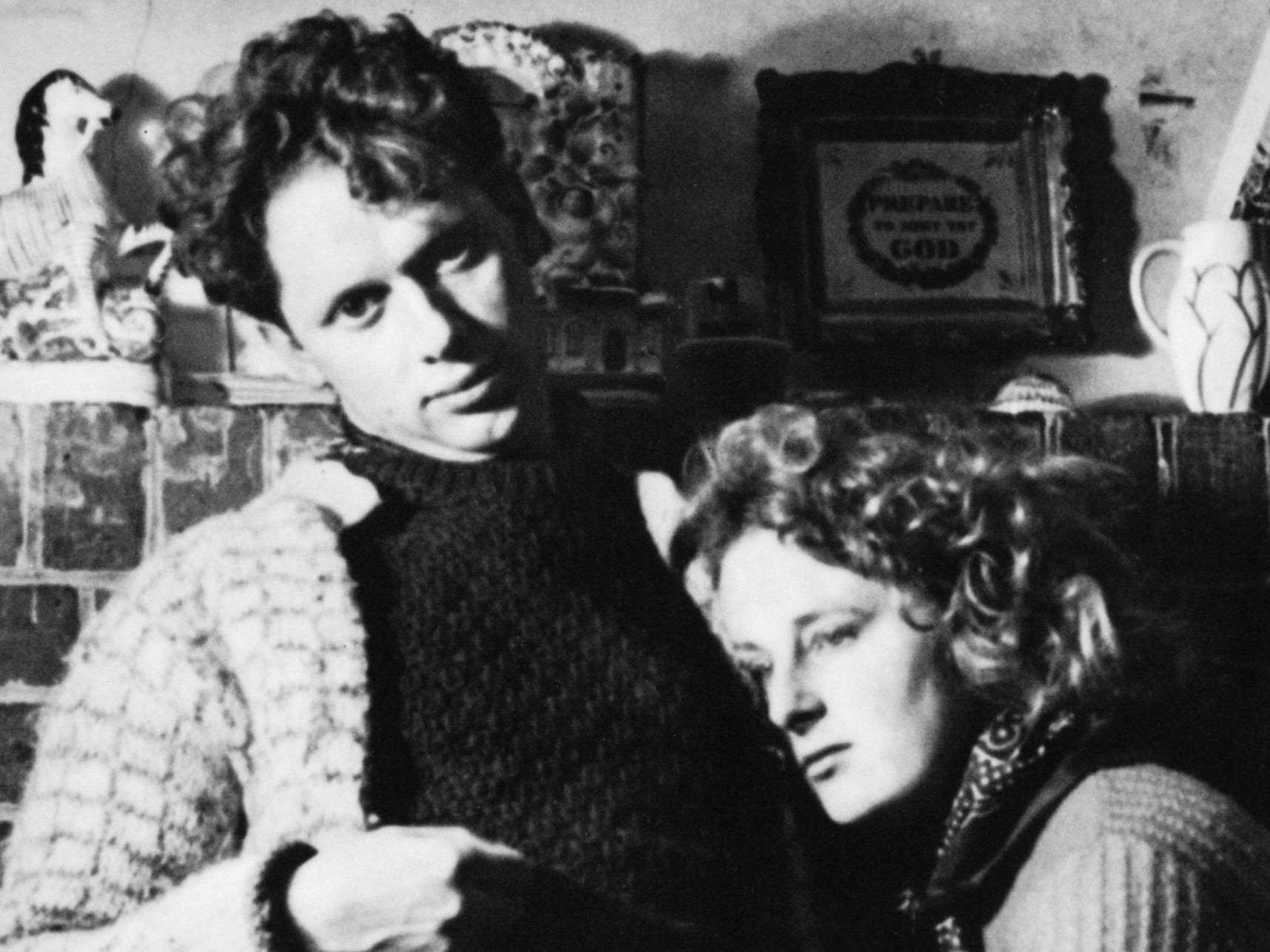Should old age burn and rage against the close of day?
For poets, it seems, you have to fit into one camp or the other: to be, or not to be. For Dylan Thomas it was certainly ‘to be’ – but was he right to rage against death, wonders Andy Martin

Do not go gentle into that good night” has some claim to being one of the most famous – perhaps even beloved – poems in the English language. It provides the theme to Christopher Nolan’s wonderful film, Interstellar. It gets a shout-out in Doctor Who, Independence Day and Family Guy, not to mention any number of songs. The poet Paul Muldoon reckons (no doubt speculatively) that it is read at two out of every three funerals. It’s practically the equivalent of singing “happy birthday” where funerals are concerned. Which clearly makes little sense, given that a funeral would by definition involve a person who is in fact already dead, whereas the poem, if it is doing anything, is urging you not to die. Don’t go! If I was at one of those funerals – always assuming it’s not mine – I would be saying: “Isn’t it a bit late for that? That boat has sailed.”
But more than that, I think this poem is so wrong it’s messing people up. Like so much great literature, its utility, as a source of practical advice, is either nil or negative. At best, it’s the expression of a mood. For one thing I can’t imagine why it would ever be read at a woman’s funeral. Women do not feature in this poem at all: it’s all about men. Quite literally (and patriarchally): the word “men” comes up no less than four times in the 19 lines: we have “Wise men”, “Good men”, “Wild men”, and “Grave men”. Of women, there is no sign. Don’t they die too?
But wasn’t the poem addressed to his dying father? A hypothetical father figure comes up in the poem (“there on the sad height”) but Thomas was writing this in Florence in 1947 and his father (who was certainly ill) didn’t die, in Wales, until the end of 1952. More likely the poet was addressing it to himself, because if anyone had a powerful death-wish it was Dylan Thomas.
Subscribe to Independent Premium to bookmark this article
Want to bookmark your favourite articles and stories to read or reference later? Start your Independent Premium subscription today.
Join our commenting forum
Join thought-provoking conversations, follow other Independent readers and see their replies